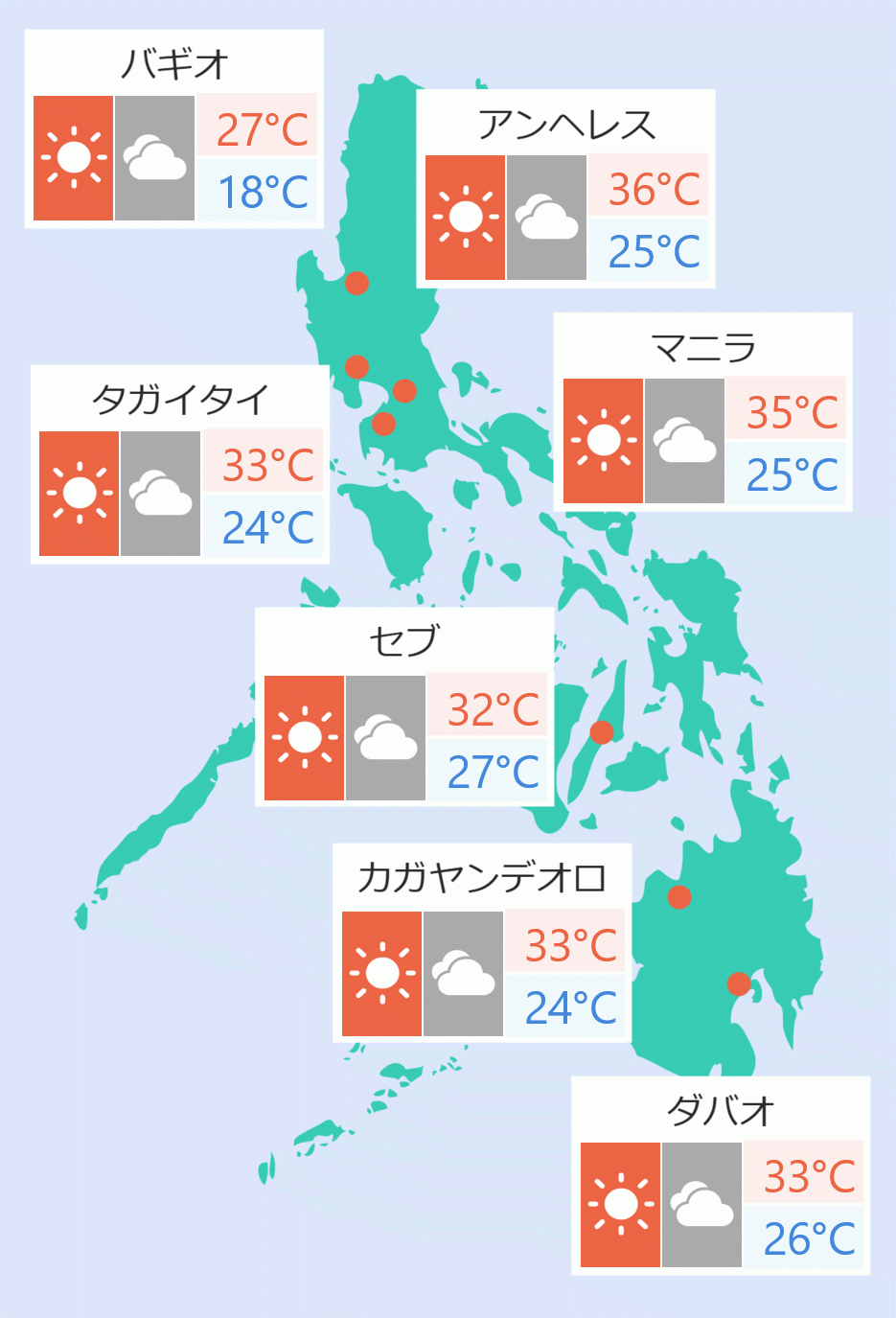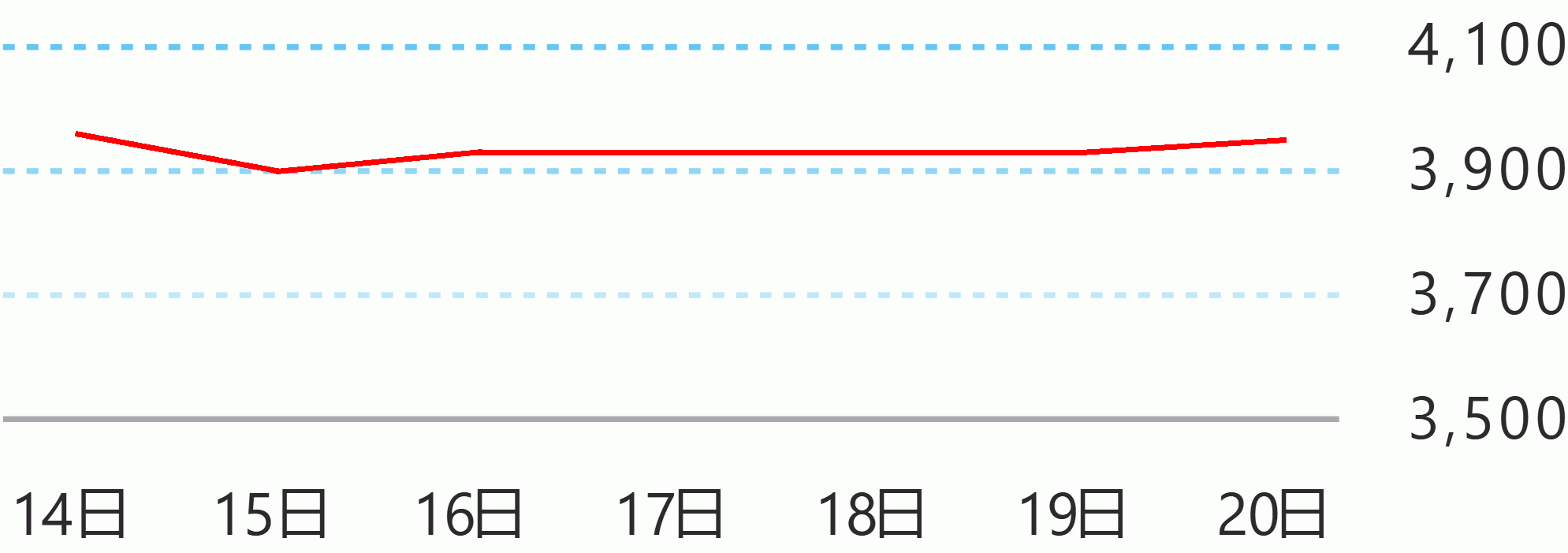Environmental advocates, a fisherfolk group, and the Chinese Embassy condemned the move by the Japanese government to start releasing treated water with tritium from the disaster-stricken Fukushima nuclear plant.
A University of the Philippines professor said the first island in the Philippines that will be affected by the release of water would be Catanduanes
"The first island to be affected is Catanduanes. Perhaps we should have a monitoring station there to monitor the accumulation of radioactive, the tritum in the fishes, marine organism and even the food chain,'' said Professor Maria Lourdes San Diego-McGlone in a TV interview.
“This act blatantly transfers the risk of nuclear pollution to neighboring countries…and puts self-interest above the long-term interest of people and the world,” Chinese Embassy to the Philippines Director of Media Affairs Wu Chenqi said at the Pandesal Forum at the Kamuning Bakery Cafe.
Wu said China and the Philippines “will be the first to bear the brunt” of the effects of the release.
“In this regard, China’s stance is very clear…(Japan) should engage in serious consultation with the international community and join and explore safe, scientific, and mutually acceptable ways of handling this matter, ” he said.
“We once again urge the Japanese side to earnestly fulfill relevant national responsibilities and international obligations for the greater good,” Wu said.
Pambansang Lakas ng Kilusang Mamamalakaya ng Pilipinas (PAMALAKAYA) vice chairperson Ronnel Arambulo called on the Department of National Resources (DENR) and the Bureau of Fisheries and Aquatic Resources (BFAR) to issue a statement to oppose the move.
Arambulo said their group is going to hold a protest in front of the Japanese Embassy on Saturday.
Nuclear Free Bataan Movement council member Emily Fajardo criticized the Japanese government for “failing to consider proposals for alternative solutions” from experts and scientists.
“This move does not only disregard the public safety but also jeopardizes the environment, food security, and the livelihood of the fishers who depend on the sea.”
“While we are concerned with our government’s continuing silence and indifference on this critical issue, we likewise call on the global community to resist the outright disregard of the Japanese government of the rights of the people along the Pacific Ocean to be protected from the potential harms and dangers by pushing through with the wastewater dumping,” she added.
Fajardo also reiterated their call to the national government to “stand up against this dangerous move by the Japanese government for the sake of our fishers and environment”.
Bagong Alyansang Makabayan Secretary General Mong Palatino suggested that the government coordinate with other neighboring countries in the Indo-Pacific region to take a collective stand against Japan’s move.
“What we need is an independent panel to review the studies that say that it is safe to release treated water from Fukushima,” Palatino said.
He pointed out that it was a “painful irony” that Japan was going to release nuclear wastewater in the same month when atomic bombs were dropped in Hiroshima and Nagasaki back in 1945.
“Of all the countries in the world, Japan would know the impact of nuclear energy,” he said.
“I hope they understand that what they are doing will not just impact our generation today but also the next generation,” he added. Jaspearl Tan/DMS





 English
English










